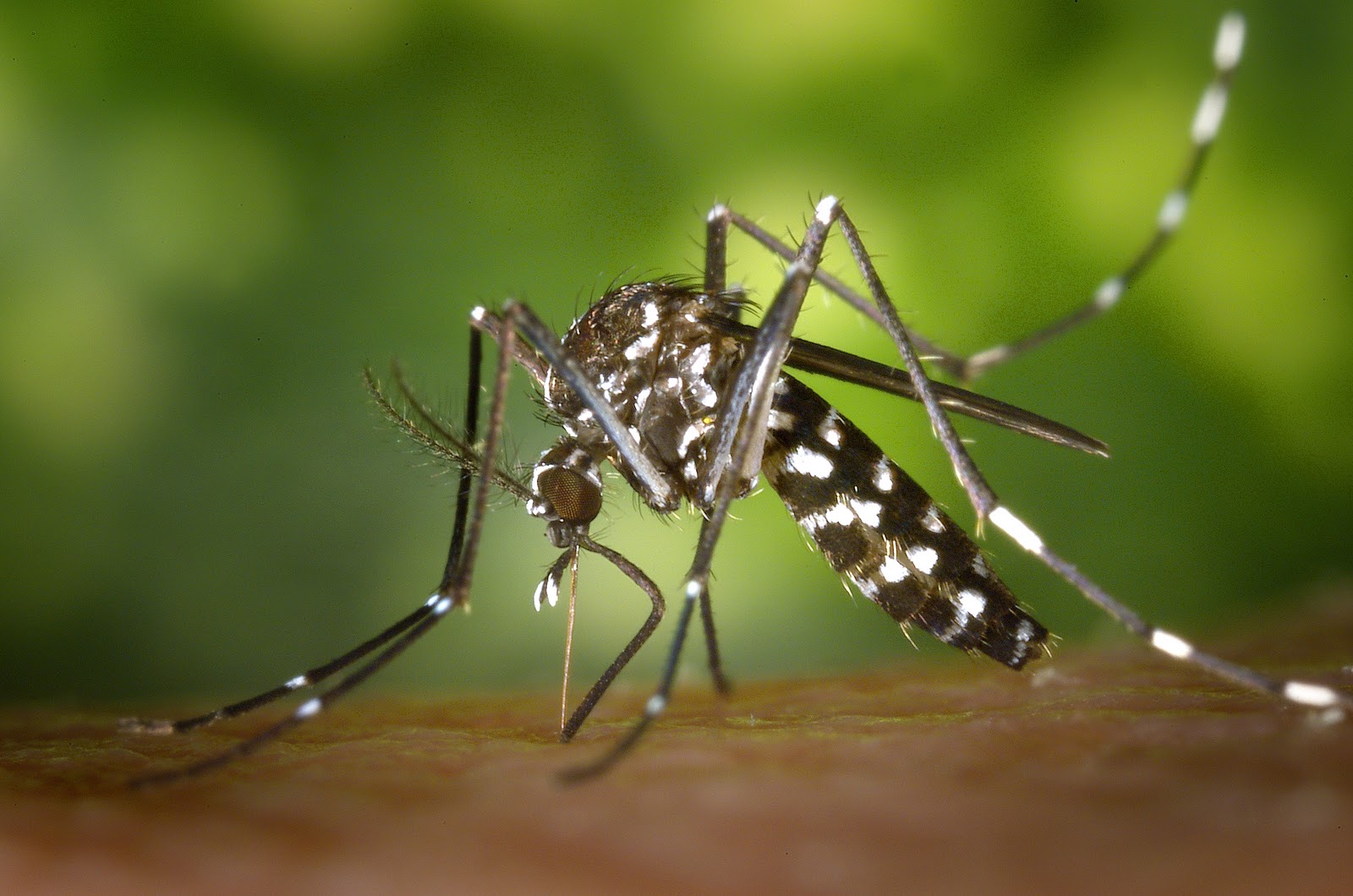Malaria parasite is one of the most dangerous variety of parasites causing disease known to man and the alarming rate at which sub-Saharan African children die from malaria everyday has prompted scientists to work on a vaccine to help if not completely eradicate but to at least reduce the mortality rate caused by malaria.
The Oxford University has developed a vaccine that has shown considerably positive results after 20 years of research. The vaccine is said to have been 67% effective in a study carried out on 121 kenyan men. In addition to this recent vaccine, there are reports of another vaccine in a more advanced trial stage that have shown signs of working in young children.
About 1,300 children die in the sub-Saharan Africa from malaria every day.
According to the World Health Organization (WHO), there were 198 million cases of malaria in 2013 and about 584,000 deaths related to the disease. Despite vigorous efforts, it has taken scientists more than 20 years of research to make any real progress because of the nature of the parasites transmitted to people through the female anopheles mosquito which carries it. It is not yet known whether the Oxford vaccine protects against all variants of the Plasmodium falciparum parasite or just one as there are four different malaria causing parasite.
In the Oxford trial, published in Science Translational Medicine, scientists used two viruses – one a chimpanzee virus – to stimulate the body’s immune system to produce cells that can fight against malaria. This is a novel type of “viral vectored” vaccine that targets the parasite in the liver. After eight weeks, they found the vaccine had reduced the risk of malaria by two-thirds in the participants who had been given it
The director of the Jenner Institute at the University of Oxford, Prof Adrian Hill, said: “Such high efficacy in this first field trial is encouraging for further testing in children and infants who most need a malaria vaccine.”
But malaria transmission levels had been “unexpectedly low” during the trial, the study said, so it was difficult to know how the vaccine would have performed if the malaria risk had been high. The Oxford researchers are now carrying out tests to know the level of the vaccine safety in children and babies in Burkina Faso.
Chris Drakeley, professor of infection and immunity and director of the London School of Hygiene and Tropical Medicine malaria centre, was involved in collating data from final clinical trials of another malaria vaccine in young children. Prof Drakeley said the malaria vaccine had a long way to go even though it was encouraging to see high level of protection in the oxford vaccine.
“This research was carried out in a group of adults, when the disease burden is actually in children,” he said. “We also found initially high levels of protection in similar early trials in adults. There is no one magic bullet approach. We need a multiple approach, and countries need a tool box of options to fight against the disease.”
Mosquito nets, insecticides, anti-malaria drug and other malaria control measures continue to play a very important role in reducing the burden and reach of the disease.







